If you are referred for specialist non-urgent treatment, you currently should expect to be treated within a maximum waiting time of 18 weeks. Over the last year, the NHS has been reviewing this 18-week target. ARMA has been involved in the advisory group looking at this change.
The NHS England board meeting on 30 January announced plans to extend the testing period for proposed changes to the 18-week elective care measure into 2020/21.
 This joint response was issued by National Voices, The Arthritis and Musculoskeletal Alliance, Versus Arthritis, the MS Society, the Neurological Alliance and Healthwatch England.…
This joint response was issued by National Voices, The Arthritis and Musculoskeletal Alliance, Versus Arthritis, the MS Society, the Neurological Alliance and Healthwatch England.…
Read more of this article

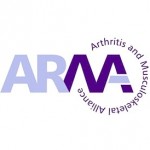

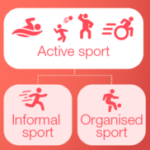
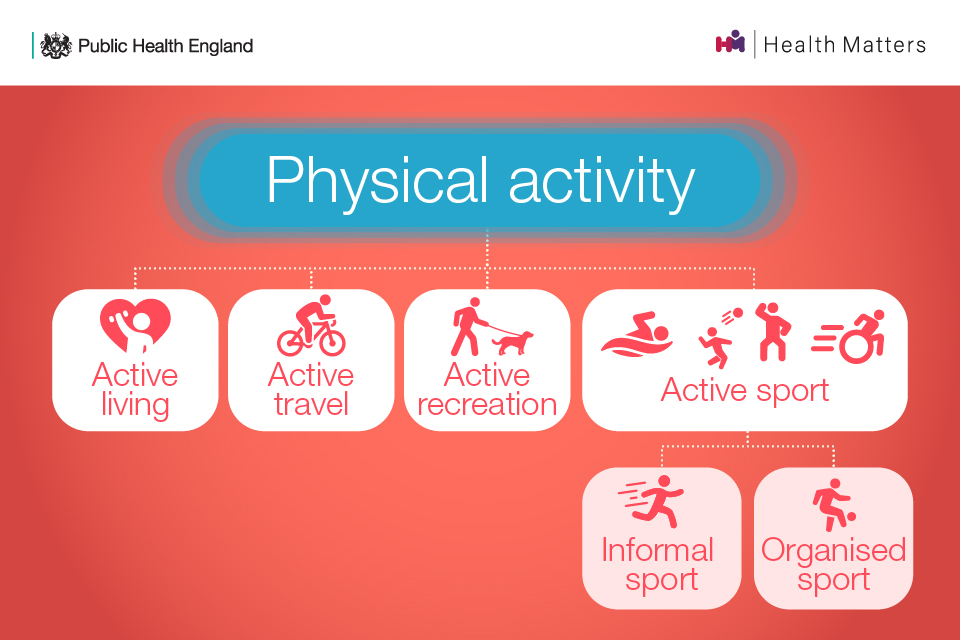

 I’ve read a few things about how hard it is to get going after the festive break, or “blue Monday” part way through January, rumoured to be the most depressing day of the year. I’ve had a very different experience this year with a positive start to 2020. January has involved conversations and planning for our 2020 activities. Lots of positivity from members and stakeholders means I’m optimistic and looking forward to a successful year.
I’ve read a few things about how hard it is to get going after the festive break, or “blue Monday” part way through January, rumoured to be the most depressing day of the year. I’ve had a very different experience this year with a positive start to 2020. January has involved conversations and planning for our 2020 activities. Lots of positivity from members and stakeholders means I’m optimistic and looking forward to a successful year.

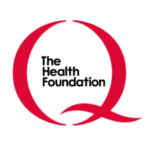
 Two new outputs have been published by the Q Lab and Mind on improving care for people living with both mental and physical health problems:
Two new outputs have been published by the Q Lab and Mind on improving care for people living with both mental and physical health problems: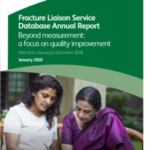
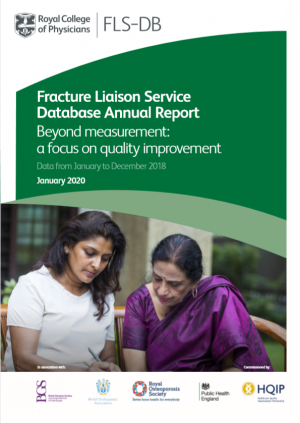

 by Clare Jacklin, Chief Executive, NRAS
by Clare Jacklin, Chief Executive, NRAS